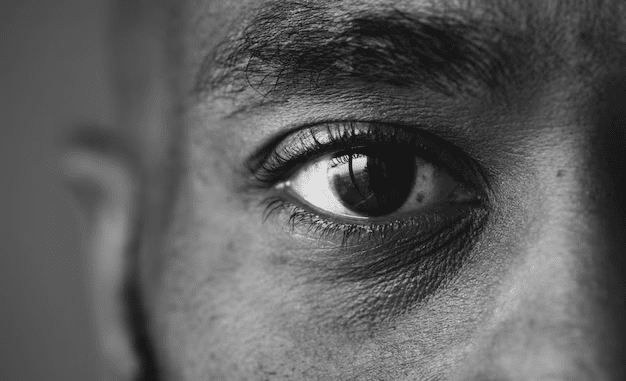
Stress has become an almost inevitable aspect of life in the fast-paced world of today.
Stress, worry, and depression can have an impact on more than just our mental health; they can also affect other aspects of our overall wellbeing, even something as basic as our vision.
There is a complicated relationship between mental health and vision, since the two can both affect and be affected by one another.
Mental health problems can cause physical symptoms in the eyes as well as other parts of the body.
Stress may have a physical impact on the body, altering blood flow, muscular tension, and even eye function when it takes a toll on the mind.
Eye Dryness
Reduced tear production from stress might result in dry, itchy eyes. The autonomic nerve system, which regulates tear production, is assumed to have a mediating role in the relationship between stress and dry eyes. Stress can throw this system’s equilibrium off, which can lead to insufficient tear production and discomfort.
Blurry vision
Muscle tension brought on by stress may cause abnormalities in how the eyes concentrate. This may cause transient blurriness of the vision and make it harder to see clearly, especially during stressful times.
A Twitching Eye
Stress is also connected to those bothersome, protracted eye twitches that sometimes seem to erupt out of nowhere. Nerve impulses triggered by stress can cause the muscles surrounding the eyes to twitch uncontrollably. If eye twitching persists for longer than two weeks, it warrants attention.
A Decrease in Social Contact Could be the Reason
Although stress can impair vision, there is a reciprocal relationship. Problems with vision can also exacerbate anxiety, despair, and stress. A bad quality of life might result from vision difficulties. Having visual diseases can make it more difficult to cope with frustration and powerlessness, which can lead to emotional discomfort. Problems with vision can also occasionally lead to social disengagement. People may become isolated from their social networks due to a fear of losing their vision or the shame of needing spectacles, which can exacerbate feelings of despair and loneliness.
How to Control your Stress Levels for Clear Vision
The first step in reducing the effects of stress is realizing that there may be a connection between eye health and stress. Techniques like yoga, meditation, and deep breathing can help people cope with stressful situations. Additionally, scheduling routine eye exams is an excellent method to identify any eye conditions early on and begin treatment as needed. A healthy lifestyle choice is critical to one’s general well-being.
First of all, this can entail eating a well-balanced diet, drinking plenty of water, and monitoring your sleep quality. Furthermore, it’s a good idea to instill in people the healthy habits of setting screen time limits and taking regular breaks if their job necessitates prolonged screen time. In the event that someone is dealing with chronic stress, anxiety, or depression, it’s critical to get expert assistance. Resolving mental and physical health issues is part of a holistic approach.
Leave a Reply